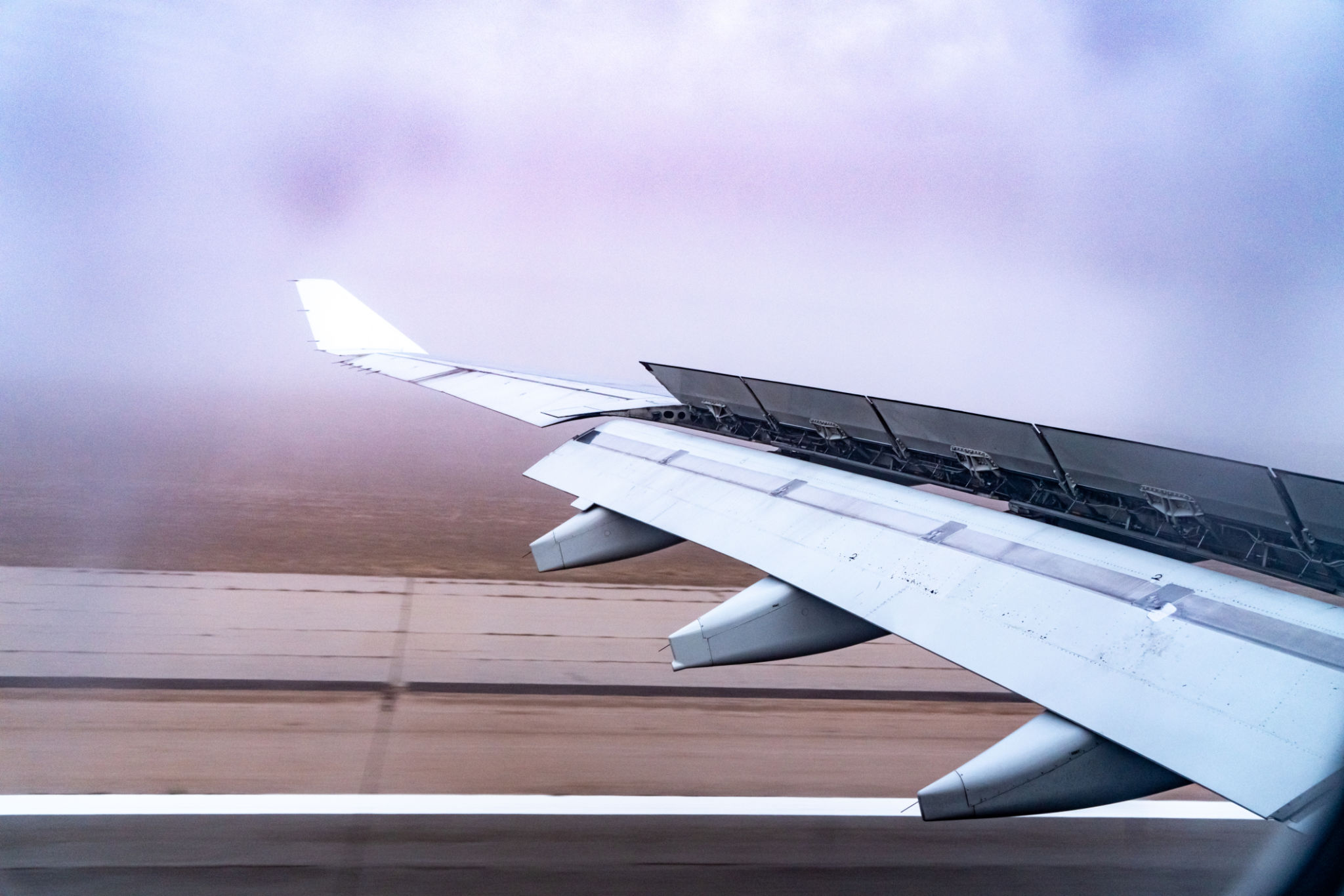The Rise of Eco-Conscious Consumer Trends and How Delta The is Adapting
Understanding the Shift Toward Eco-Conscious Consumerism
In recent years, there has been a significant shift in consumer behavior as people become more aware of the environmental impact of their choices. This shift toward eco-conscious consumerism has led many industries, including the airline sector, to reevaluate their practices and adapt to new consumer demands.

Consumers today are not just looking for quality and cost-effectiveness; they are increasingly prioritizing sustainability. This means opting for products and services that minimize environmental harm, reduce carbon footprints, and promote sustainable practices. As a result, businesses are compelled to innovate and offer eco-friendlier options to meet these evolving preferences.
Delta's Commitment to Sustainable Practices
Delta has recognized this changing landscape and is taking proactive steps to reduce its environmental impact. By setting ambitious targets for sustainability, Delta aims to lead the charge in transforming the aviation industry. The airline is focusing on several key areas to enhance its eco-friendly operations.

From investing in fuel-efficient aircraft to developing sustainable aviation fuel, Delta is committed to reducing its carbon emissions significantly. The airline is working with partners across the industry to innovate and find solutions that align with eco-conscious consumer trends.
Fuel Efficiency and Carbon Reduction
One of the most critical areas of focus for Delta is improving fuel efficiency. The airline is modernizing its fleet by incorporating more fuel-efficient planes, which are designed to use less fuel and produce fewer emissions. This transition not only benefits the environment but also aligns with the demands of eco-conscious travelers.

Additionally, Delta is exploring the use of sustainable aviation fuel (SAF) as a viable alternative to traditional jet fuel. SAF has the potential to reduce lifecycle carbon emissions significantly, making it a promising solution for a greener future in aviation.
Waste Reduction Initiatives
In addition to tackling fuel consumption, Delta is actively working on reducing waste across its operations. The airline has implemented various waste reduction initiatives, such as minimizing single-use plastics and enhancing recycling programs on flights and at airports. These efforts demonstrate Delta's commitment to creating a more sustainable travel experience for passengers.
Delta's cabin crew is trained to prioritize eco-friendly practices, ensuring that waste is managed effectively and responsibly. By setting an example in waste reduction, Delta hopes to inspire other airlines and businesses to follow suit.
The Role of Technology in Sustainability
Technology plays a crucial role in Delta's sustainability efforts. The airline is leveraging data analytics and artificial intelligence to optimize flight paths and improve operational efficiency. By adopting cutting-edge technologies, Delta can further reduce its environmental impact while enhancing the overall customer experience.

These technological advancements allow Delta to offer more accurate flight schedules, reduce fuel consumption, and minimize delays—factors that contribute positively to both environmental sustainability and customer satisfaction.
Looking Forward: A Sustainable Future
As the demand for eco-conscious options continues to rise, Delta remains committed to being a leader in sustainable aviation. By embracing innovation and collaborating with industry partners, Delta is setting a standard for others to follow. The airline's initiatives not only cater to the preferences of environmentally-aware consumers but also contribute significantly to the global effort of combating climate change.
Through ongoing dedication and strategic planning, Delta aims to pave the way for a more sustainable future in travel, proving that it is possible to balance business success with environmental responsibility.